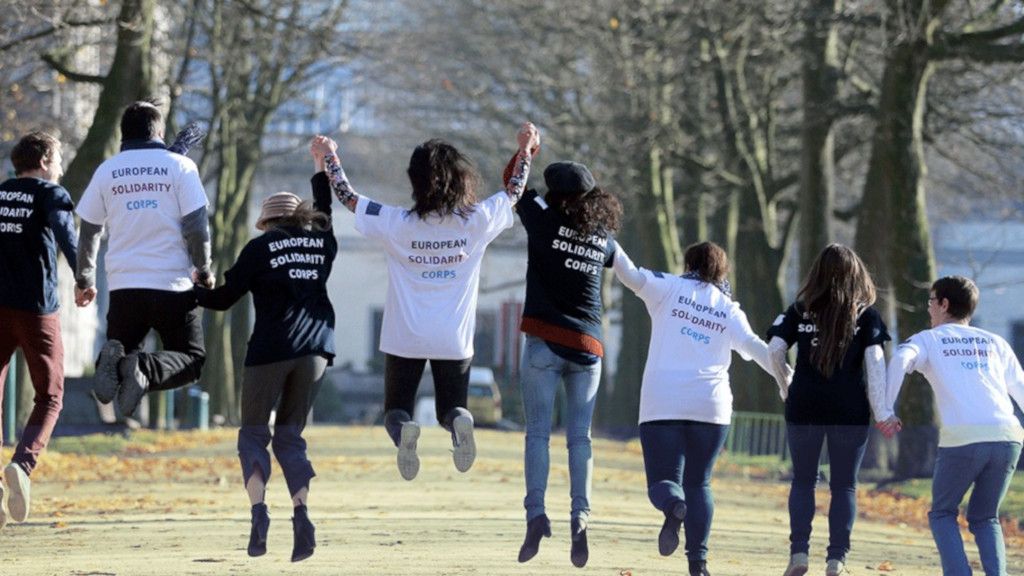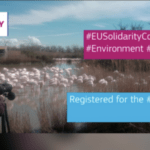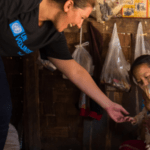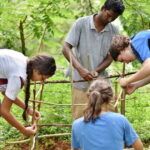What is the European Solidarity Corps?
The European Solidarity Corps is the new European Union initiative offering young people opportunities to volunteer or work in projects in their own country or abroad while supporting communities and people around Europe.
It was announced by the President of the European Commission, Jean-Claude Juncker, during his annual State of the European Union speech in September 2016, and officially launched in December 2016.
European Solidarity Corps: Who can participate
Young people from 18 years old, legally resident in or have the nationality of one of the
– European Union Member States,
– Partner Countries
- former Yugoslav Republic of Macedonia and Turkey
- Liechtenstein, Iceland and Norway
- Albania, Bosnia and Herzegovina, Kosovo, Montenegro, Serbia
- Armenia, Azerbaijan, Belarus, Georgia, Moldova, Ukraine
- Algeria, Egypt, Israel, Jordan, Lebanon, Libya, Morocco, Palestine, Syria, Tunisia
- Russian Federation.
Some projects may have additional restrictions on ages, legal residency or nationality, depending on the type of project and how it is funded.
How does European Solidarity Corps work?
You can register for the European Solidarity Corps when you are 17 years old, but you cannot start a project until you are over 18.
You must also complete the European Solidarity Corps project before you turn 31.
After completing a simple registration process, you could be selected and invited to join a wide range of projects, such as:
- Helping rebuild a school or community centre that has been devastated following an earthquake;
- Providing support to newly arrived asylum seekers;
- Clearing vegetation from forests to help prevent wildfires;
- Working with disabled people in a community centre.
You will not be asked to provide any services related to the immediate response to disasters.
These types of tasks will continue to be performed by those with the specialist training and experience to operate safely in these dangerous environments.
Projects supported by the European Solidarity Corps can last from two to twelve months. They will usually be located within the European Union Member States.
Benefits of participating in European Solidarity Corps
After participating in a volunteering project you will receive a certificate that documents your participation. You could use this when applying for jobs or further learning.
You will not receive a wage, but will on the other hand be entitled to travel, lodging and subsistence as well as insurance coverage for the duration of the activity and a small amount of spending money to cover their day-to-day living expenses.
You will also receive relevant training before you start and after you arrive on site.
Deadline
31 December 2020







Leave a Reply